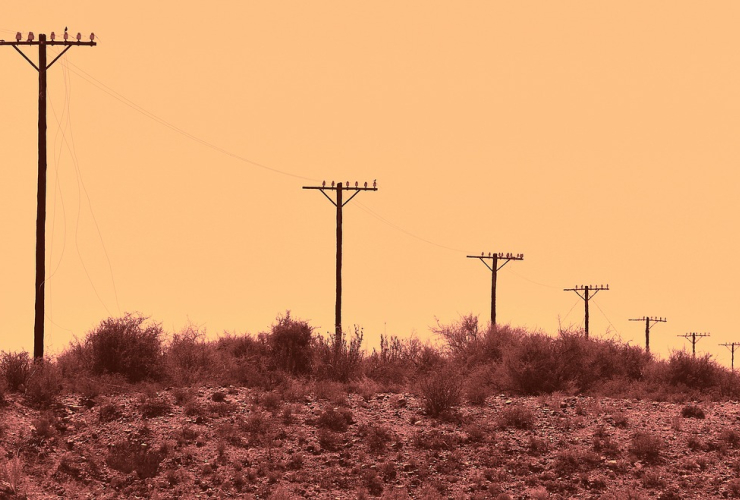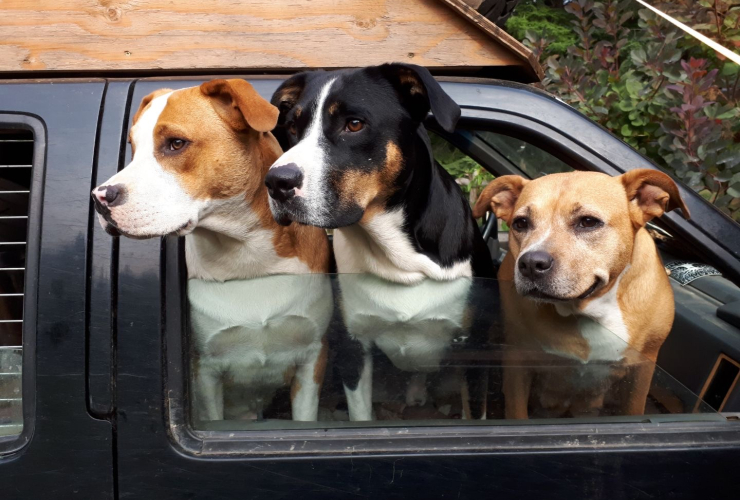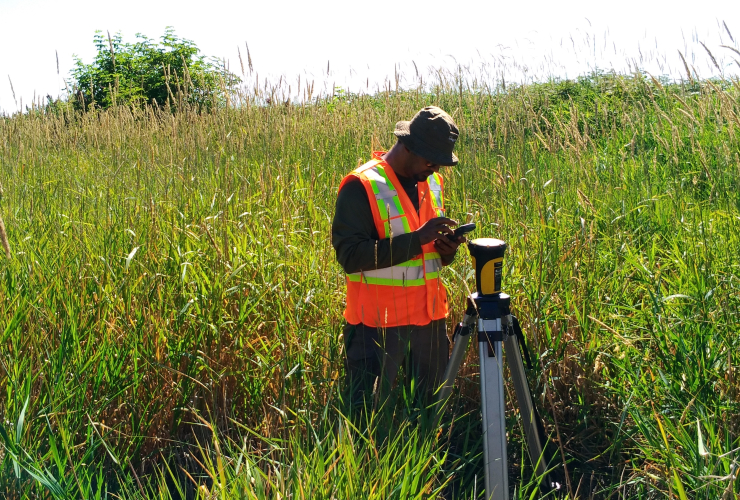Marc Fawcett-Atkinson

Journalist | Vancouver |
English
French
About Marc Fawcett-Atkinson
Marc Fawcett-Atkinson is a reporter and writer covering food systems, climate, disinformation, and plastics and the environment for Canada’s National Observer.
His ongoing investigations of the plastic industry in Canada won him a Webster Award's nomination in environmental reporting in 2021. He was also a nominee for a Canadian Association of Journalists's award for his reporting on disinformation.
Marc has previously written for High Country News, the Literary Review of Canada, and other publications on topics exploring relationships between people and their social and physical environments.
He holds an M.A. in journalism from the University of British Columbia and a B.A. in Human Ecology from the College of the Atlantic.
How one Indigenous farmer in the north is teaching others to feed the need
Jacob Beaton wouldn’t be a farmer without lettuce. Lots of lettuce.
Claire Kremen wins 2020 Volvo Environment Prize for pollinator research
Forget lions, tigers and bears: For Claire Kremen, winner of the 2020 Volvo Environment Prize, conserving insects is more important.
Feds’ rural internet plan can’t come soon enough for farmers, advocates say
Across B.C.’s Kootenay region, slow internet has left many farmers struggling after the COVID-19 pandemic pushed everything from sales to school online.
Warmer winters mean more freeze-thaw cycles — and more emissions — for Canada's fields
Each September, Ashala Daniel sows her fields with winter rye, hoping the seed takes root before the first snows fall. It’s a ritual that could help save the planet.
Composting teacher adapts classes amid pandemic, worm shortage
Andrea Lucy expected the pandemic would hold challenges, but finding worms wasn’t on her list.
U.S. companies threaten to use CUSMA to fight Canada's plastics ban
A group of more than 60 major American industry associations are trying to stop Canada’s efforts to reduce plastic pollution.
B.C. needs a fisheries minister, advocates say
Each year, about 196,000 tonnes of seafood — everything from salmon to scallops — is harvested off the B.C. coast. But unlike its East Coast counterparts, the province doesn’t have a fisheries minister.
Canadian agribusiness wants scale to measure environmental impacts, but critics are wary
Canadian agribusinesses are asking for a standardized scale to measure their environmental impacts — a request some advocates worry is little more than smoke and mirrors.
Wild mushroom pickers search for forest-floor gold
Were it not for the hippies, professional mushroom picker Joe Stone says he would probably still be building houses.
Soils are thinning in B.C.’s breadbasket — and it could hurt farmers' crops
The Fraser Valley’s fertility is literally vanishing beneath farmers’ feet.










